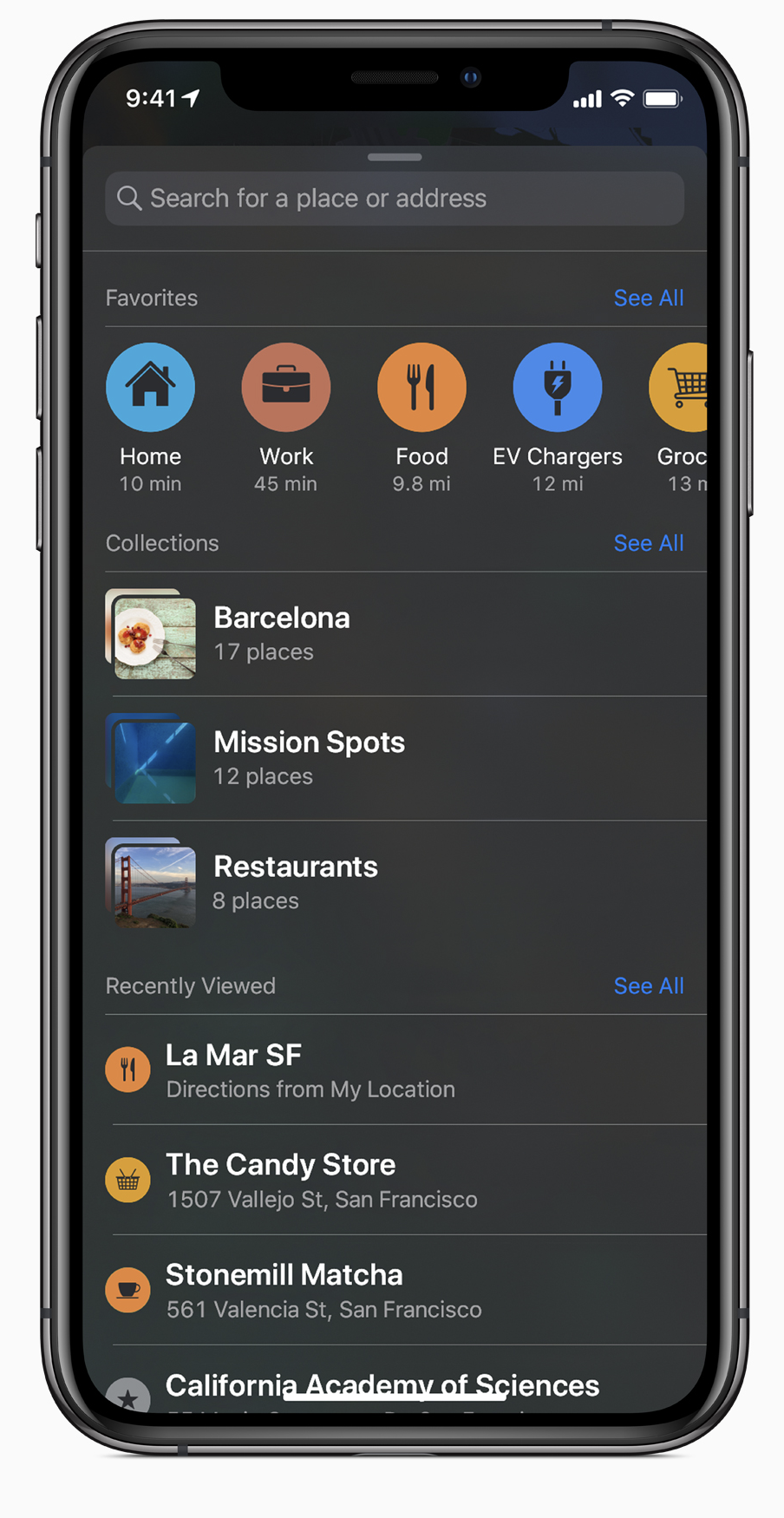By Sam Obrien
Apple is deliberately keeping data security high on the agenda. By emphasizing their advances in security features, they not only strengthen their market position, they highlight potential areas of concern in their competitors too. This is a smart sales tactic that keeps them at the forefront of people’s minds when making buying decisions.
Apple’s latest iPhone operating system has a significant focus on privacy features, causing more than one application developer to reconsider their code and even impacting the bottom line of tech giant Facebook.
But what exactly has Apple done, and why?
VOIP apps can’t collect data in the background anymore
Apple’s iOS 13 (pictured) went into beta not long after WWDC 2019 in June. The first stable release went out in September, the day before the new iPhone 11, iPhone 11 Pro, and iPhone 11 Pro Max were released.

Among other features that give it a “whole new look,” Apple cites “major updates to the apps you use every day, new ways to help you protect your privacy, and improvements across the entire system that makes your iPhone even faster and more delightful to use” as the highlights of the new operating system.
One of the ‘major updates to the apps you use every day’ is Apple’s restriction on Internet voice calling (VoIP) as a background process on the phone. While intended to make connecting calls faster, by running in the background apps can also collect data on your usage. The change means that when not in use, Apple will no longer allow these apps to run, limiting any collection of data.
Good news for customers. But, as you might expect, some app developers aren’t completely happy.
Facebook must redesign apps to obey new rules
According to The Information, Apple is “forcing”’ app developers (yes, even Facebook) to rewrite their applications. Facebook will need to redesign Facebook Messenger and WhatsApp, which both use background processing; in the case of WhatsApp to enable end-to-end encryption. Other app developers, including SnapChat and WeChat, may also be affected.
Apple is well known for taking a stance against tech and government giants and not backing down. We’ve written before about Apple’s “forever war”against invasions of privacy. Apple has previously stated that they will “protect [our] customers at all costs.”
Another iOS 13 new feature with a focus on privacy is Sign in with Apple. The feature is in direct competition with existing providers like Google, Twitter, and Facebook. Apple announces the new functionality with an attention-grabbing statement:
“A simple way to sign in to apps and websites that respect your privacy [emphasis is ours].”
Apple goes on to say that they ‘won’t track your activity’ and that ‘you’re in control of your data.’
It’s a fairly big change then, which impacts some very popular apps. Why has Apple done this?
Apple says it’s all about protecting their customers
Speaking at the Apple Worldwide Developer Conference,, a developer from the Software Battery Life Team at Apple outlined the reasons for the change to internet call features. He says they implemented the modification to the VoIP call system for three reasons: power, performance, and privacy.
By stopping background processing, Apple will save on battery drain. Call features running in the background was highlighted way back in 2015 as the cause of power issues.
iPhone designers try to improve performance by putting limits on memory and CPU, designed to enhance the management of multiple apps. Apps may be running both in the foreground and the background. The phone system may need to terminate a background process that is affecting users or is over the limits.
Finally, privacy – the current bone of contention. Apple describes the feature changes in iOS 13 on their web page as follows:
“There are more protections than before from people who want to track you without your permission.”
There is no direct mention of who “the people who want to track you without your permission” are, but we can make an educated guess.

Apple developer Roberto describes it well: “Users are really sensitive and really care about their personal data. And, while they may be aware of all the times that the app is running in the foreground and expected to have access to certain pieces of information, they may not be as aware of all the times the app is running in the background.”
PushKit is used by app developers (including Facebook) as a method of detection for incoming internet calls. It is a background VoIP process that saves a program from having to reopen the app to answer a call. A spokesperson for Facebook insisted that the company was not collecting data through the calling feature and stated:
“To be clear—we are using the PushKit VoIP API to deliver a world-class, private messaging experience, not for the purpose of collecting data.”
Privacy, then, is why. But could Apple have any other motives for doing this, and for doing it right now? Come back tomorrow for part two.
Sam O’Brien is the Senior Website Optimisation & User Experience Manager for EMEA at RingCentral, a global VOIP and UCaaS systems provider. Sam has a passion for innovation and loves exploring ways to collaborate more with dispersed teams. He has written articles for websites such as BambooHR and Vault.
